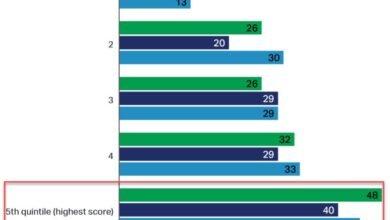3 Skills Needed to Deliver Business Value with Workforce Planning

Source | www-myhrfuture-com.cdn.ampproject.org | Caroline Styr
When done well, workforce planning delivers millions of dollars to the organisation through predicting where skills and workforce costs will be in the future and how to plan for them in the right locations, while managing existing costs. A research study conducted by OrgVue and CEBR, found that workforce planning is a key measure for improving productivity. In the US, better people planning could contribute a whopping $92.2 billion in additional GDP, while in the UK it could help generate an extra £10.4 billion in GDP.
Impactful workforce planning has helped businesses select the right locations to establish offices and factories. It has enabled R&D teams to deliver and scale new products quickly, through understanding where the skills are to launch, manage and serve those products and services. It has helped executives understand which skills to focus on for redevelopment, based on thoughtful analysis of the business strategy and operations, and in turn saving millions of dollars, as well as helping people develop their careers thoughtfully and sensitively.
The opportunity for workforce planning to support the business has never been greater, as the Covid-19 pandemic continues to disrupt work and workforce models. Findings from a recent survey conducted by McKinsey, show that of the global executives surveyed:
-
35% said they would need more workers skilled in automation, AI, and robotics, a reflection of the increased deployment of automation during COVID-19.
-
More than a third said that their organisations were unprepared to address the skill gaps exacerbated by automation and digitisation.
-
70% said that two years from now they expect to use more temporary workers and contractors than they did before the COVID-19 crisis.
It is no surprise that 79% of CEOs, according to one survey, are concerned about skill availability impacting innovation, cost, quality and growth. According to Insight222’s own research, nearly all companies surveyed (90%) expressed a desire to build a skills-based workforce planning process. However, only a quarter of companies (26%) are actively doing so.
There are a number of complexities surrounding workforce planning that make it difficult to achieve the business value described above. You can read more about these challenges here:
-
Many HR functions struggle to create a direct connection between business strategy and actions that can be taken in the people space
-
HR often fails to gain buy-in from the business to own the workforce planning process
-
HR teams often lack the capability to leverage internal and external market data to inform and evaluate their talent decisions






